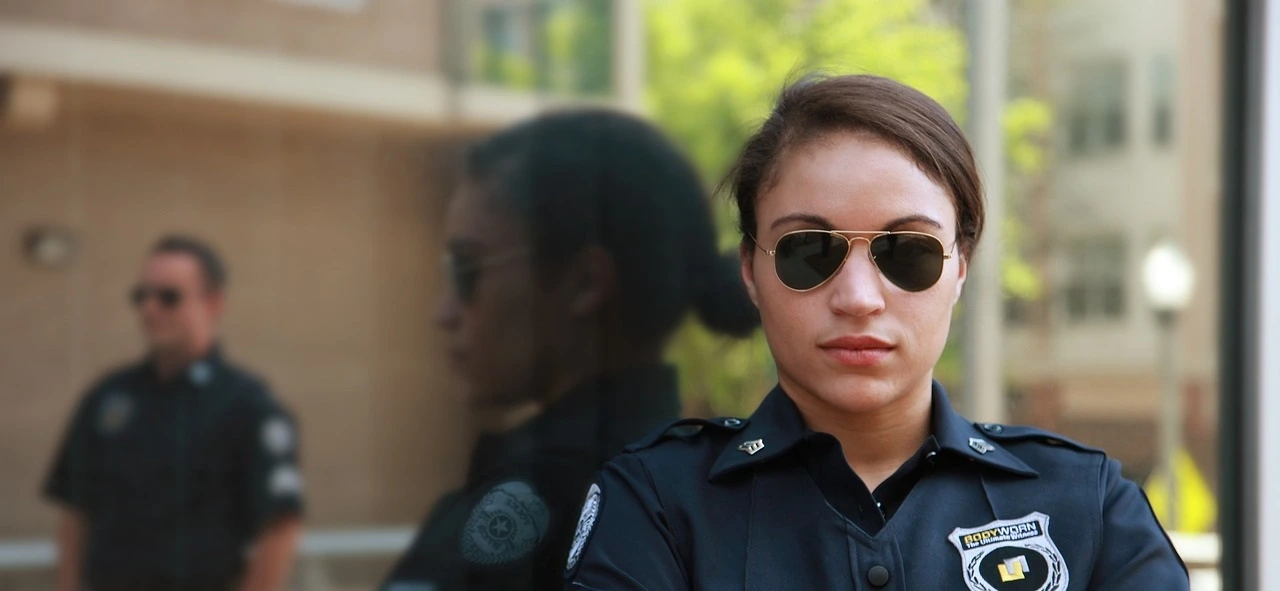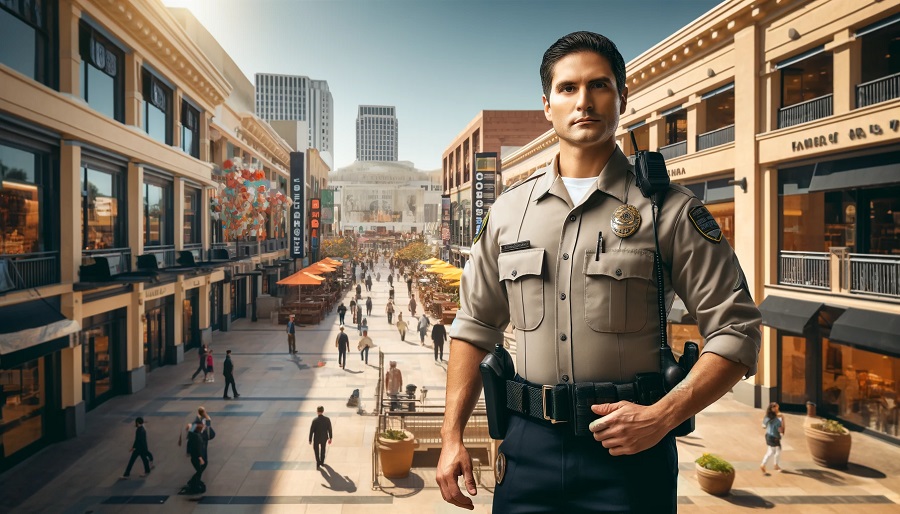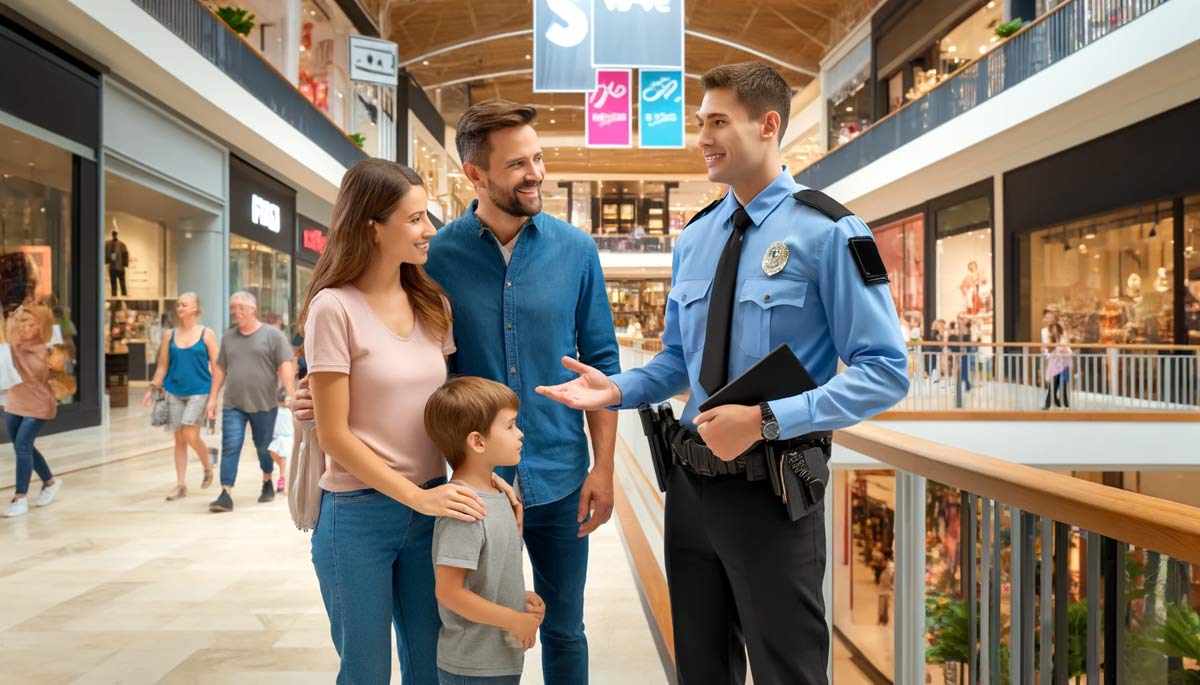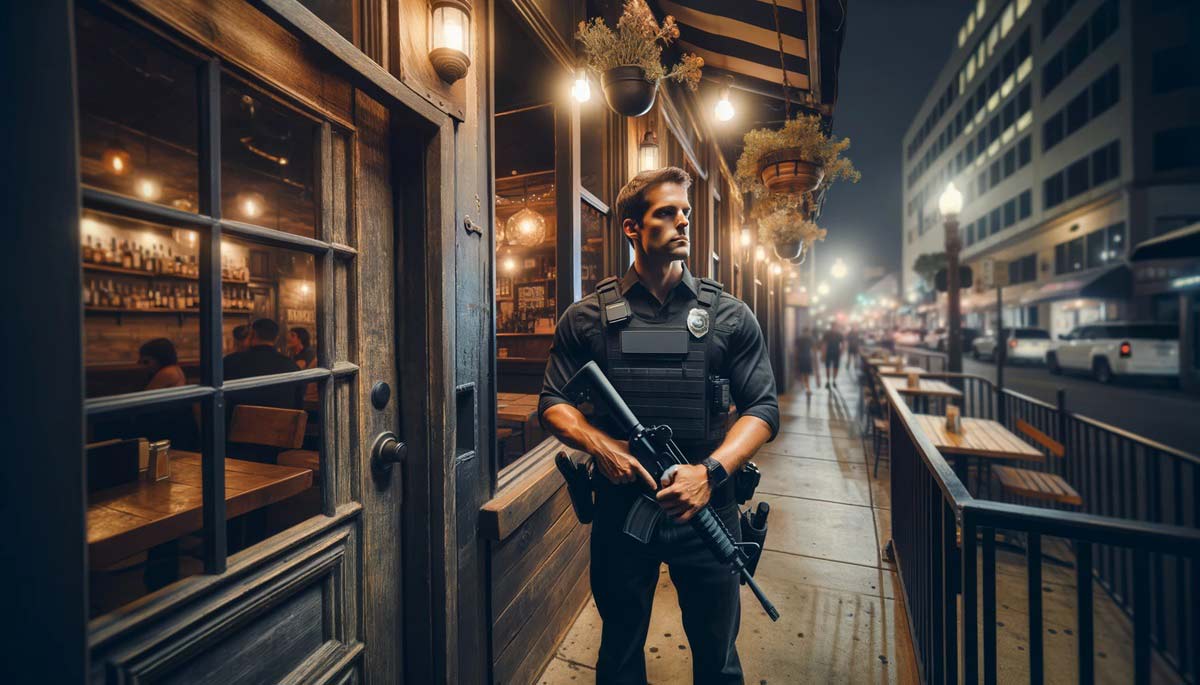Security guards are necessary to avoid crime happening most of the time. In fact, probably, criminals put thoughts of sabotage out of their minds when they see the presence of security patrols in the area. In the following, we will introduce you to the most important duties and responsibilities of a security guard in different situations and industries. Stay with us.
Basic duties and responsibilities of a guard
Security guards serve as the first line of defense in various environments, helping maintain safety and prevent potential threats. Their main responsibilities include keeping order, enforcing rules, and providing a visible presence to discourage unwanted behavior.
Patrolling
To detect suspicious activity or security breaches, guards regularly patrol designated areas. Keeping all zones under observation and catching any issues early is achieved through these patrols, which can be carried out on foot, by vehicle, or through surveillance equipment.
Reporting and documentation
Keeping detailed logs of incidents, activities, and any notable events is a crucial aspect of a guard’s role. Follow-up actions, accountability, and adherence to policies or laws are supported by proper documentation.
Access control
Security guards are responsible for managing the entry and exit points of a property, verifying identification, keeping guest records, and operating entry systems. By effectively controlling access, premises can be protected and only approved individuals can enter.
Emergency responce
Responding quickly and appropriately to emergencies is a crucial aspect of a security guard’s job. Guards should remain calm and guide others to safety while activating emergency protocols, no matter if they are dealing with fires, medical situations, or natural disasters.
Deterring criminal activities
Criminal behavior is deterred by the presence of uniformed security guards. Regularly patrolling the area and maintaining a watchful eye are effective ways to prevent theft, vandalism, and other illegal acts.
Preventing unauthorized access
The safety of the site depends on controlling who can enter specific areas. Security guards ensure the safety of sensitive or restricted zones by checking IDs, monitoring access points, and only allowing authorized personnel entry.
Respond to alarms
Security guards must quickly evaluate the situation when alarms are triggered (whether from intrusion, fire, or system malfunction). Preventing escalation, securing the area, and notifying the appropriate services are all possible with their prompt response.

The most significant security guard skills
To perform their duties well, security guards rely on a wide range of skills. These aid them in effectively dealing with threats and interacting professionally with others.
Communication
To coordinate with teammates, write reports, or speak with the public and staff members, it is crucial to have strong communication.
Observation
Guards can recognize unusual behaviors or conditions by being alert and watchful. Quick management or prevention of problems can be achieved by recognizing these signs early.
Conflict resolution
Security guards must often step in during disputes. The job requires someone who can calm situations and mediate without escalating matters.
Integrity and professionalism
Trustworthiness is crucial, as guards frequently have access to private areas or sensitive details. Maintaining the respect and authority required for their position is achieved by acting professionally.
What are the qualities of a security guard?
To be effective, guards must be dependable, attentive, and alert. Their commitment to keeping people and property safe is evident in their initiative, adaptation to various settings, and commitment.

Responsibilities Based on Industries
The tasks of a security guard can differ depending on the work environment. Here are some examples of how duties may differ:
Commercial Properties
Commercial spaces have guards who protect company assets, prevent unauthorized access, and can assist during building evacuations or system shutdowns in emergencies.
Residential Communities
To maintain a peaceful environment, guards in neighborhoods or apartment buildings are responsible for monitoring visitor logs, helping residents, and patrolling shared areas.
Retail Establishments
Retail guards are dedicated to preventing theft, spotting suspicious behavior, and maintaining order. They may also provide guidance to staff and customers during incidents.
Construction Sites
Construction sites have guards who keep watch over equipment and materials, monitor site access, and prevent trespassers or vandals, particularly during late hours.
Events and Venues
The role of event security staff involves managing large crowds, checking entry credentials, and responding quickly to problems to ensure the safety of guests and workers.
Entertainment
Security guards are responsible for maintaining crowd control, assisting with access management, and responding to incidents among large audiences in entertainment venues like theaters, concert halls, or sports arenas. Enforcing safety protocols and being prepared for emergencies is what they do to ensure that events run smoothly.
Education and campus
Students, staff, and visitors are all protected by guards on school and university campuses. Their duties involve monitoring entrances, patrolling facilities, dealing with disturbances, and working with campus administrators to create a secure educational environment.
The way security guards deal with emergencies
Being ready for emergencies is crucial. Guards are able to act quickly and stay safe when unexpected situations arise thanks to training and clear action steps.
Fire and inferno
Guards are responsible for sounding alarms, guiding evacuations, and connecting with emergency responders when a fire breaks out, often being the first people on the scene.
Medical incidents
Security guards can provide basic help such as CPR or first aid in health-related emergencies and notify medical professionals immediately.
Theft or suspicious activity
When faced with theft or unusual behavior, guards take notes, respond as needed, and contact law enforcement if necessary.
Legal responsibilities and restrictions
When carrying out their job, guards must adhere to the law and treat people fairly.
- Use of force: When using force, it should be limited and only when necessary. Guards are instructed to remain calm and act only when there is no alternative.
- Citizen’s arrest: Guards may stop someone from committing a crime by holding them until police arrive, but they must follow legal steps and respect the person’s rights.
- Privacy considerations: Guards must respect privacy and adhere to laws and ethical standards when using cameras or handling personal information.
Is being a security guard dangerous?
Although security work isn’t always risky, it can still be dangerous, especially in certain areas or situations. The right training and tools can help reduce many risks.
To sum up
The role of security guards is crucial in maintaining the safety and orderliness of spaces. Providing essential support across various industries and contributing to safer communities overall is made possible with the right skills, training, and mindset. The right skills, training, and mindset enable them to provide essential support across various industries and contribute to safer communities in general.











